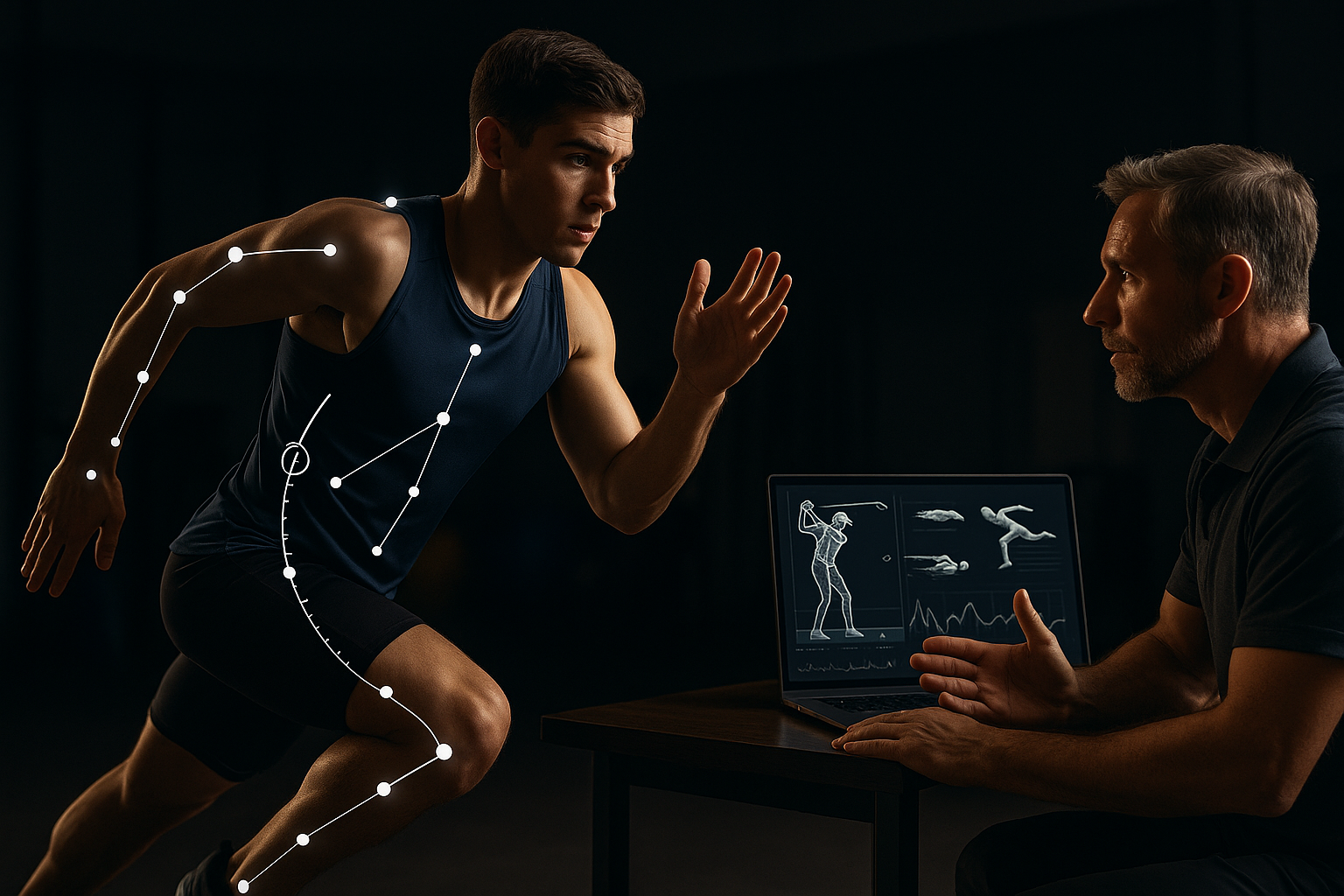The Hidden Influence of Cognitive Biases in Job Interviews
The intricate dance of job interviews shapes countless careers, yet beneath the surface lies a complex interplay of psychological factors. Cognitive biases, those subtle mental shortcuts our brains take, wield significant influence over both interviewers and candidates alike. Understanding these biases can revolutionize how we approach and conduct interviews, leading to more equitable hiring practices and improved career outcomes.

The Halo Effect: When First Impressions Overshadow Reality
One of the most pervasive cognitive biases in job interviews is the halo effect. This phenomenon occurs when a positive impression in one area influences the overall evaluation of a candidate. For instance, an interviewer might be so impressed by a candidate’s articulate speech that they unconsciously overlook potential weaknesses in other areas. The halo effect can work both ways, with negative first impressions similarly coloring the entire interview experience. Recognizing this bias is crucial for interviewers to maintain objectivity and for candidates to understand the importance of making a strong initial impact while ensuring consistent performance throughout the interview.
Confirmation Bias: The Trap of Seeking Affirming Information
Confirmation bias presents another significant challenge in the interview process. This bias manifests when interviewers or candidates seek out information that confirms their preexisting beliefs or expectations while disregarding contradictory evidence. For example, an interviewer who forms an early opinion about a candidate may unconsciously ask questions or interpret responses in a way that reinforces their initial judgment. Similarly, candidates might selectively present information that aligns with what they believe the interviewer wants to hear, potentially missing opportunities to showcase their unique strengths or perspectives.
Overcoming the Anchoring Effect in Salary Negotiations
The anchoring effect plays a particularly influential role in salary negotiations during job interviews. This bias occurs when individuals rely too heavily on the first piece of information offered (the anchor) when making decisions. In salary discussions, the first number mentioned often serves as an anchor, significantly influencing the final agreed-upon figure. Understanding this bias can empower both employers and candidates to approach salary negotiations more strategically, considering market rates and individual value rather than being unduly swayed by initial offers.
Mitigating the Impact of Similarity Bias in Hiring Decisions
Similarity bias, also known as affinity bias, is the tendency for individuals to favor those who are similar to themselves in background, experiences, or interests. In job interviews, this can lead to interviewers unconsciously preferring candidates who remind them of themselves, potentially overlooking highly qualified individuals with diverse perspectives. Recognizing and actively countering this bias is essential for fostering diversity and inclusion in the workplace and ensuring that hiring decisions are based on merit and potential rather than personal affinity.
Strategies for Bias-Aware Interviewing and Job Seeking
Addressing cognitive biases in job interviews requires deliberate effort from both interviewers and candidates. For interviewers, implementing structured interview processes with standardized questions and evaluation criteria can help mitigate the impact of personal biases. Additionally, training in bias awareness and diversity, equity, and inclusion principles can equip hiring managers with the tools to recognize and counteract their unconscious prejudices.
Candidates, on the other hand, can benefit from understanding these biases to better navigate the interview process. Preparing diverse examples of their skills and experiences, practicing articulate communication of their value proposition, and researching the company culture can help candidates present a well-rounded profile that transcends initial impressions.
The Future of Bias-Conscious Hiring Practices
As awareness of cognitive biases in job interviews grows, innovative approaches to hiring are emerging. Some companies are experimenting with AI-assisted screening processes designed to minimize human bias, while others are adopting blind recruitment techniques to focus on skills and qualifications rather than demographic factors. However, it’s crucial to recognize that technology itself can inherit and perpetuate biases if not carefully designed and implemented.
The future of hiring likely lies in a balanced approach that combines human judgment with bias-mitigating tools and processes. This might include diverse interview panels, standardized scoring systems, and ongoing education for all parties involved in the hiring process. By acknowledging and actively addressing cognitive biases, organizations can create more equitable, effective, and inclusive hiring practices that benefit both employers and job seekers.
In conclusion, the hidden influence of cognitive biases in job interviews presents both challenges and opportunities for improvement in the hiring process. By understanding these psychological factors, both interviewers and candidates can approach interviews with greater awareness and preparation. As the job market continues to evolve, those who can navigate and mitigate the impact of cognitive biases will be better positioned to make informed decisions, foster diverse and talented teams, and ultimately drive organizational success.






